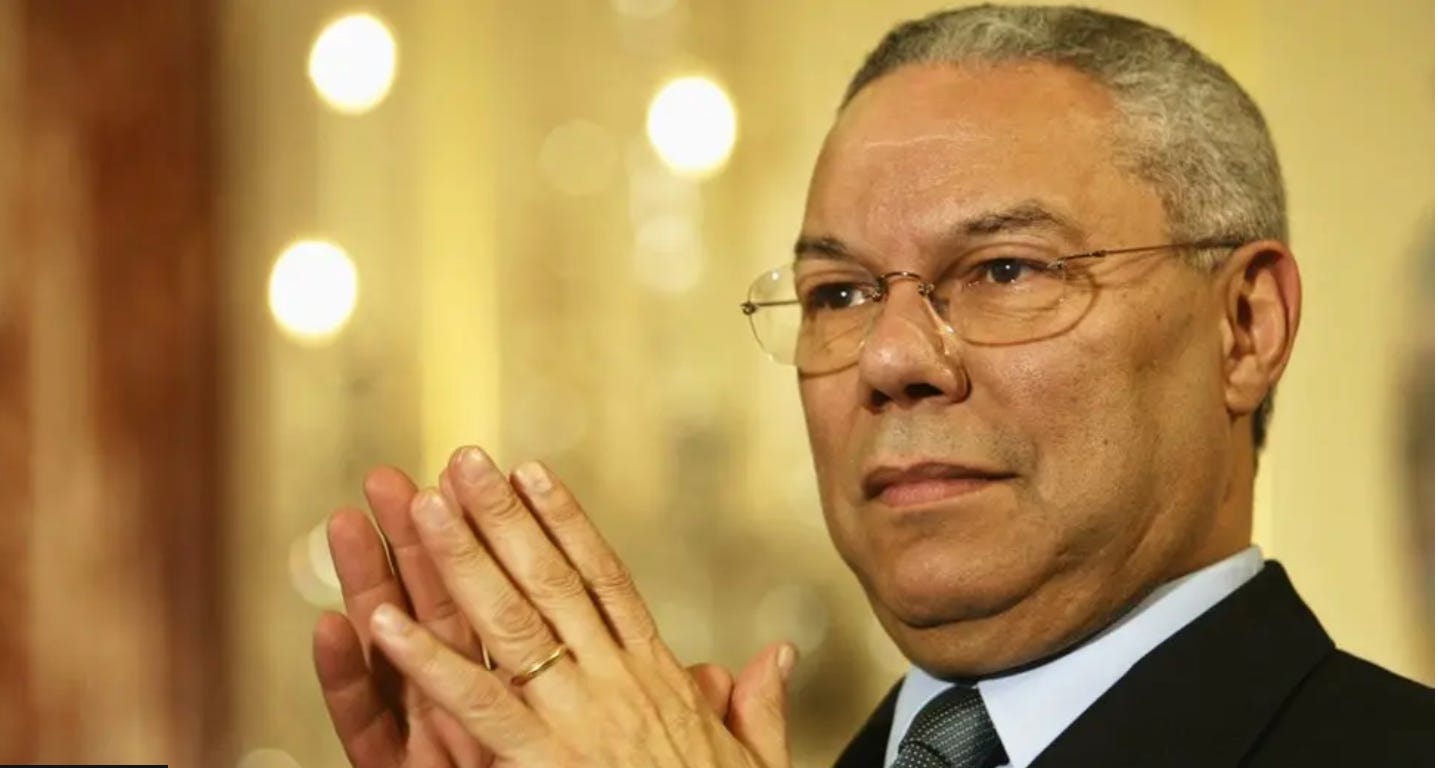In praise of strategic nihilism
Progressives too often rely on polite advocacy, but real change requires leverage: a deliberate strategy of escalation is sometimes needed to keep politicians on their toes.

I rarely quote right wing US politicians, statesmen or generals but the idea that one should always retain the capacity to escalate is a maxim of international politics that has stayed with me since I studied international relations at the fag end of the Cold War (North Staffordshire Polytechnic - Stoke, happy days!!).
As National Security Advisor during the Vietnam War, Henry Kissinger explicitly argued that the US preserve its ability to escalate military pressure. In a secret September 1969 memo to President Nixon, he warned against premature troop withdrawals (i.e. de-escalation), bluntly stating that the continued U.S. military effort in Vietnam “remains one of our few bargaining weapons.”
Nixon shared a similar conviction: that never appearing out of options to escalate was key to coercive diplomacy. Nixon’s famous “madman theory” was essentially built on this premise.
General Colin Powell, as a military leader and later Secretary of State, embraced a doctrine that in effect prevents the predicament of having no escalation capacity left. The Powell Doctrine (formulated after Vietnam and before the 1991 Gulf War) insists that if the U.S. resorts to force, it must use decisive, overwhelming power to achieve clear objectives – and avoid half-measures or incrementalism.
This is what we learned when we studied the “realists” of international politics in the Cold War. And there’s something to this idea of retaining the ability to escalate things, of having a card to play in a tricky situation. Of holding back the “nuclear option” just in case you need it.
There’s a lesson progressives can learn from military / diplomatic thinkers like these, because it’s rare these days that reasonable, evidenced-based ideas - let alone goodwill - win the day when trying to influence the current Labour government in the UK.
Change requires leverage, and in politics, that means being able to turn up the heat!
Why “making trouble” matters
Politicians - even those on “our side” - are the masters of affability. They’ll chat warmly over tea, promise action on green jobs or social housing, they’ll make you feel heard. But once you leave the room, priorities shift.
And there’s nothing wrong with that. But as campaigners, if we accept “nice” as our highest ambition, then we’ll always come second to electoral calculations and party discipline.
Escalation isn’t nihilism for its own sake; it’s a tactic. By raising the stakes - through targeted campaigns, targeted media or PR stunts - we can force decision-makers to have to make a choice between real commitments and political risk.
Building a comms arsenal
A smart communications strategy gives progressives that escalation ladder. It lets us:
Frame the narrative: Define the story on our terms before opponents can spin it.
Win over the persuadable: Focus messaging on those who are waiting to be won over.
Raise the cost of inaction on those who hold power: Public exposure makes broken promises and inaction toxic.
A case in point: climate risk in “Reform curious” seats
I worked with the climate group, Round Our Way, and the Daily Express recently on a story that mapped the constituencies most at risk of flooding due to climate change.
It turns out that 8 out of 10 of the constituencies most at risk of flooding are places where a significant bloc of voters is flirting with voting for Reform in future.
Floods don’t care about your shoe size or your school fees; they wash away front doors regardless of your politics. Our research showed that the homes most under threat sit squarely in areas where a climate sceptic political party is currently on the rise.
By diagnosing that tension, between political climate denialism and the concrete inevitability of homes flooded by extreme weather as the planet warms, we can force Reform politicians - newly installed at town halls up and down the country - to reckon with their climate sceptic stance. You can read the full piece here.
As climate funding faces fresh attacks from the right, it’s more important than ever to broadcast the real-world impacts and political consequences on continuing to fail to act. Funders need to see that their dosh isn’t just pixels on a slide deck but the reason a flooded family’s story goes viral, or why a backbench MP finally tables a motion on flood defences.
Trouble-making should be a progressive default
If your aim is incremental reform, keep smiling and shaking hands. But if you want systemic change - if you want Labour or any centre-left party to act with genuine urgency - then you need the means to escalate matters, to turn the thumbscrews on those with power.
Because in politics - as right wing statesman like Kissinger, Nixon and Powell showed - true political currency isn’t kindness or even policy, it’s leverage. And leverage sometimes flows through being able to turn up the heat.


